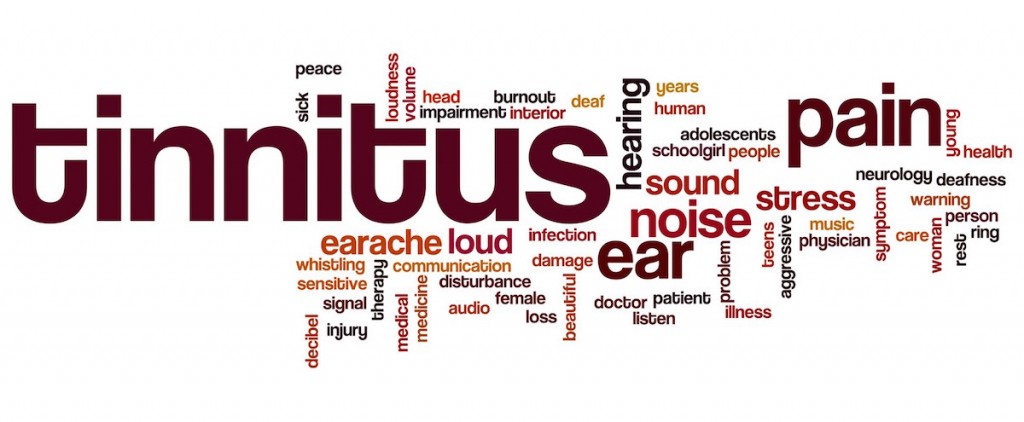Tinnitus, commonly perceived as a ringing or buzzing sound in the ears, is the #1 disability condition among veterans filing claims with the U.S. Department of Veterans Affairs (VA). This article will explain what tinnitus is, what causes it, and why it’s so widespread among those who served.
What Exactly is Tinnitus?
Tinnitus defined medically is the perception of noise in one or both ears unrelated to any external sound source. It’s a physical symptom rather than its own condition. Tinnitus can arise temporarily after noise exposure or be a chronic, persistent disturbance impacting daily life. The VA recognizes chronic tinnitus under Diagnostic Code 6260, assigning disability ratings based on severity.
What Causes Tinnitus in Veterans?
In most cases, tinnitus stems from irreversible damage to the auditory system sustained through excessive noise exposure. This is common in veterans given noisy environments during military service – combat, explosives, aircraft engines, naval machinery, etc. The auditory injury presents uniquely in each person. Some describe tinnitus as constant high-pitched ringing. Others hear buzzing, swooshing, clicking or roaring sounds.
Tinnitus VA Disability Claims Reach All-Time High
Recent data shows over 2.7 million VA tinnitus claims in 2022, indicating it affects a huge proportion of veterans. The astronomical number of claims reveals tinnitus as a major service-related disability requiring compensation. As awareness spreads, more veterans are coming forward seeking help for tinnitus impacting their lives long after service. Ongoing efforts to understand tinnitus aim to improve treatment options for veterans.
To learn more about tinnitus and VA disability compensation, visit the VA’s tinnitus webpage.

